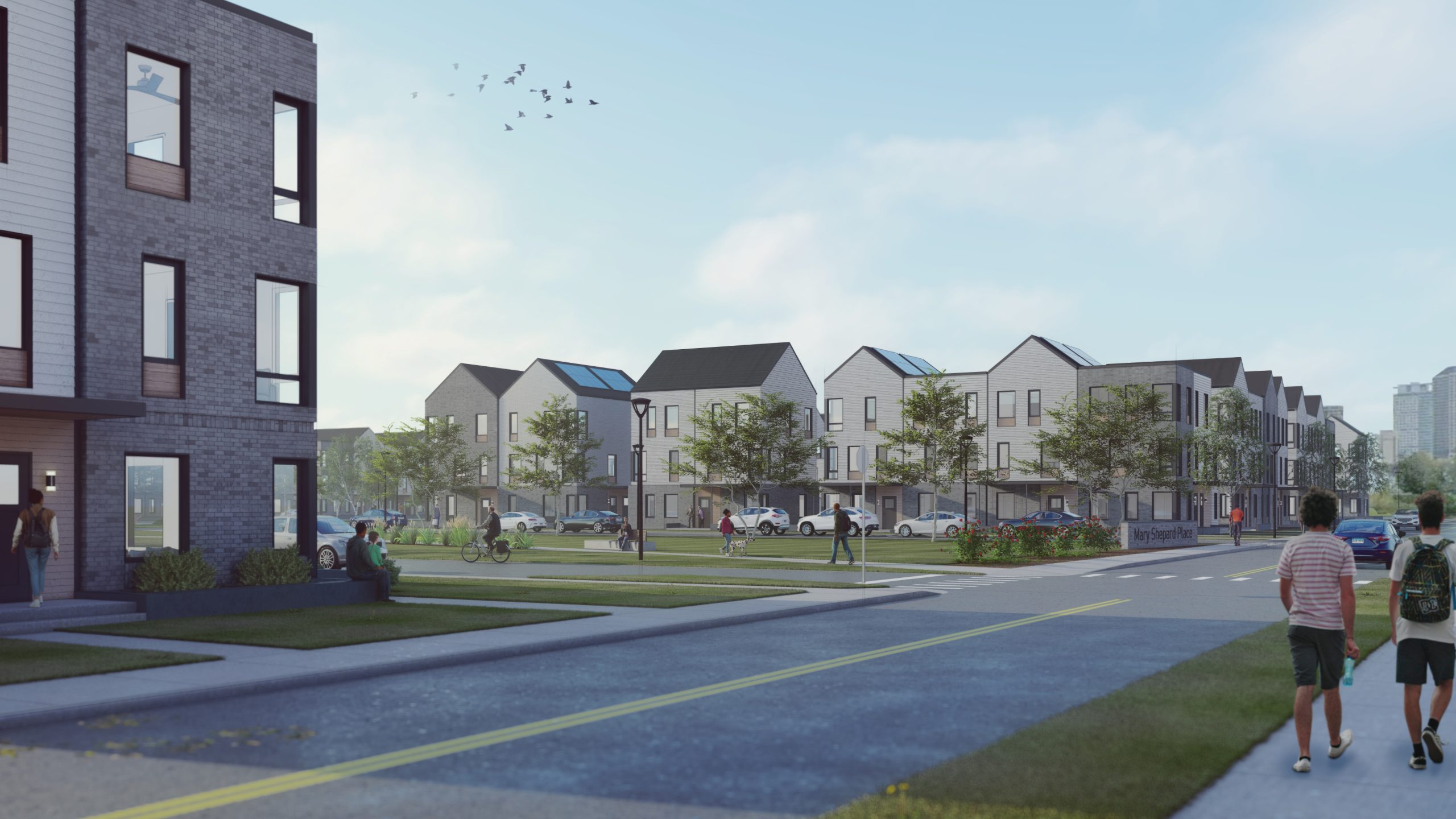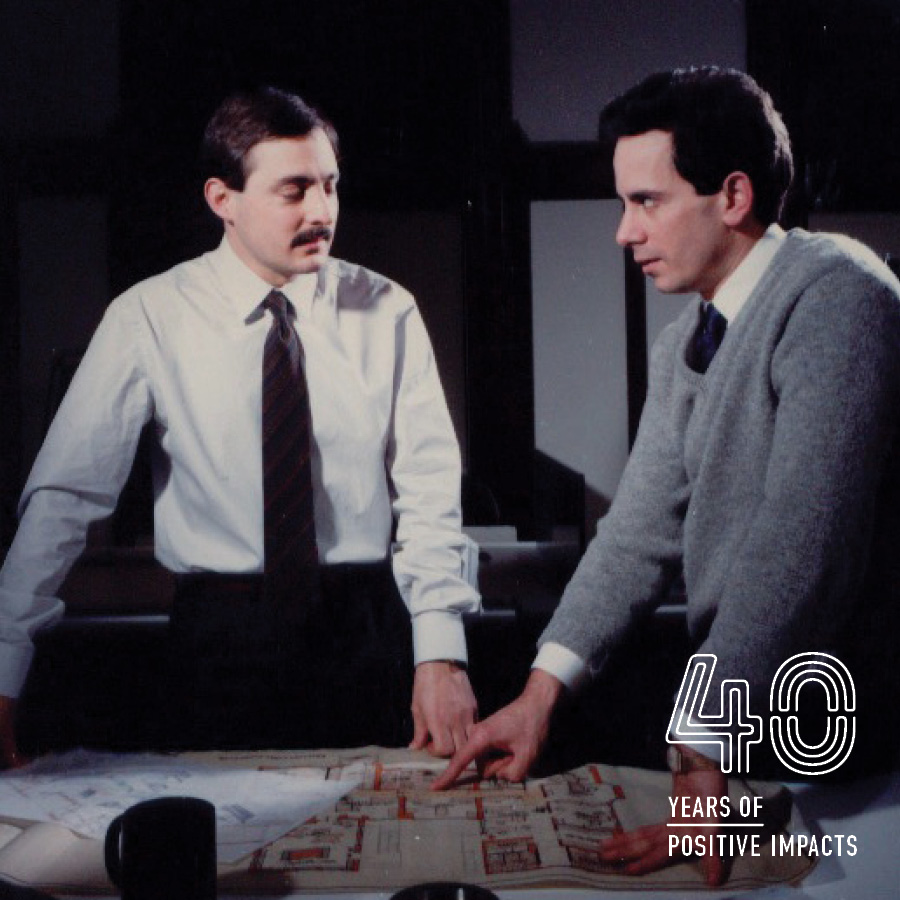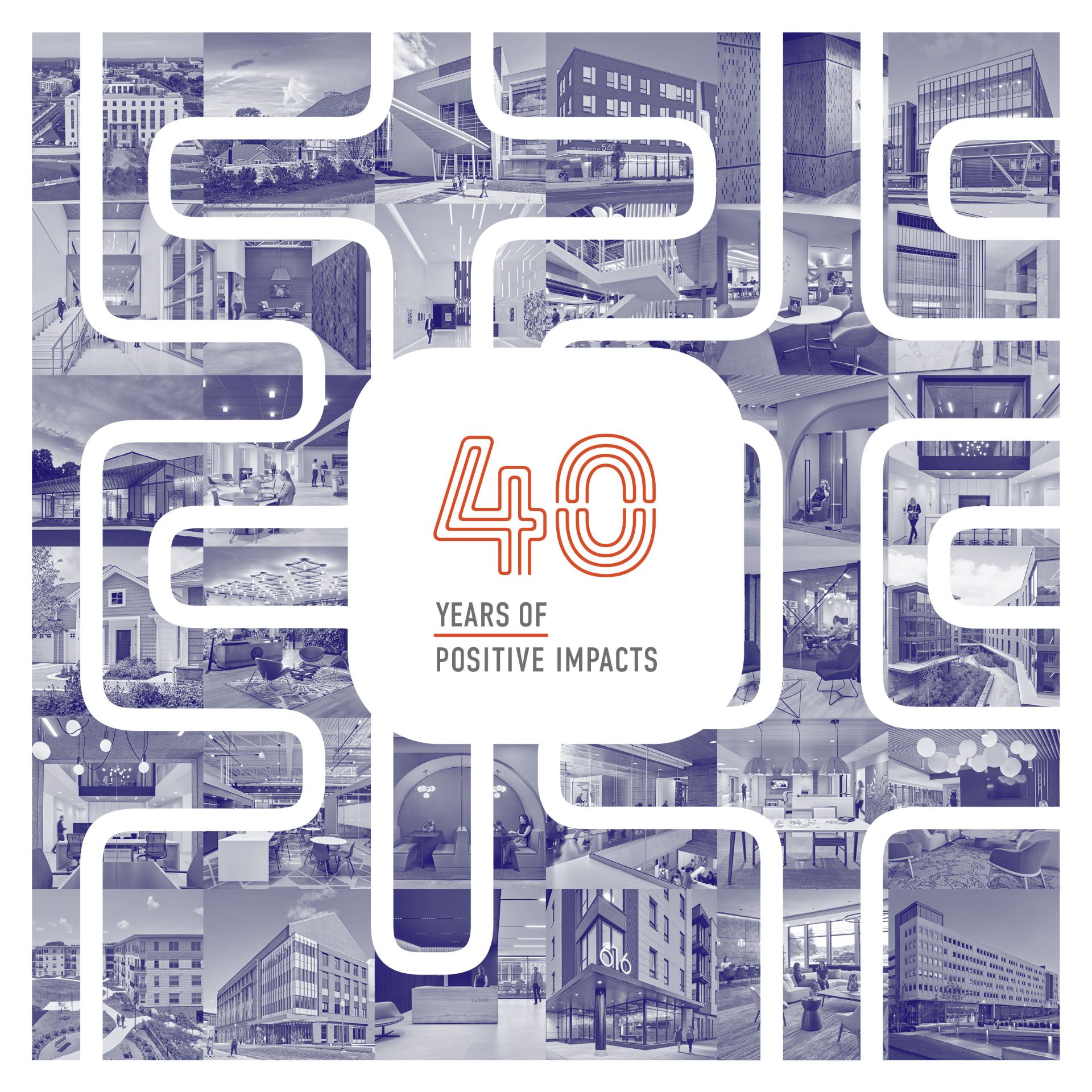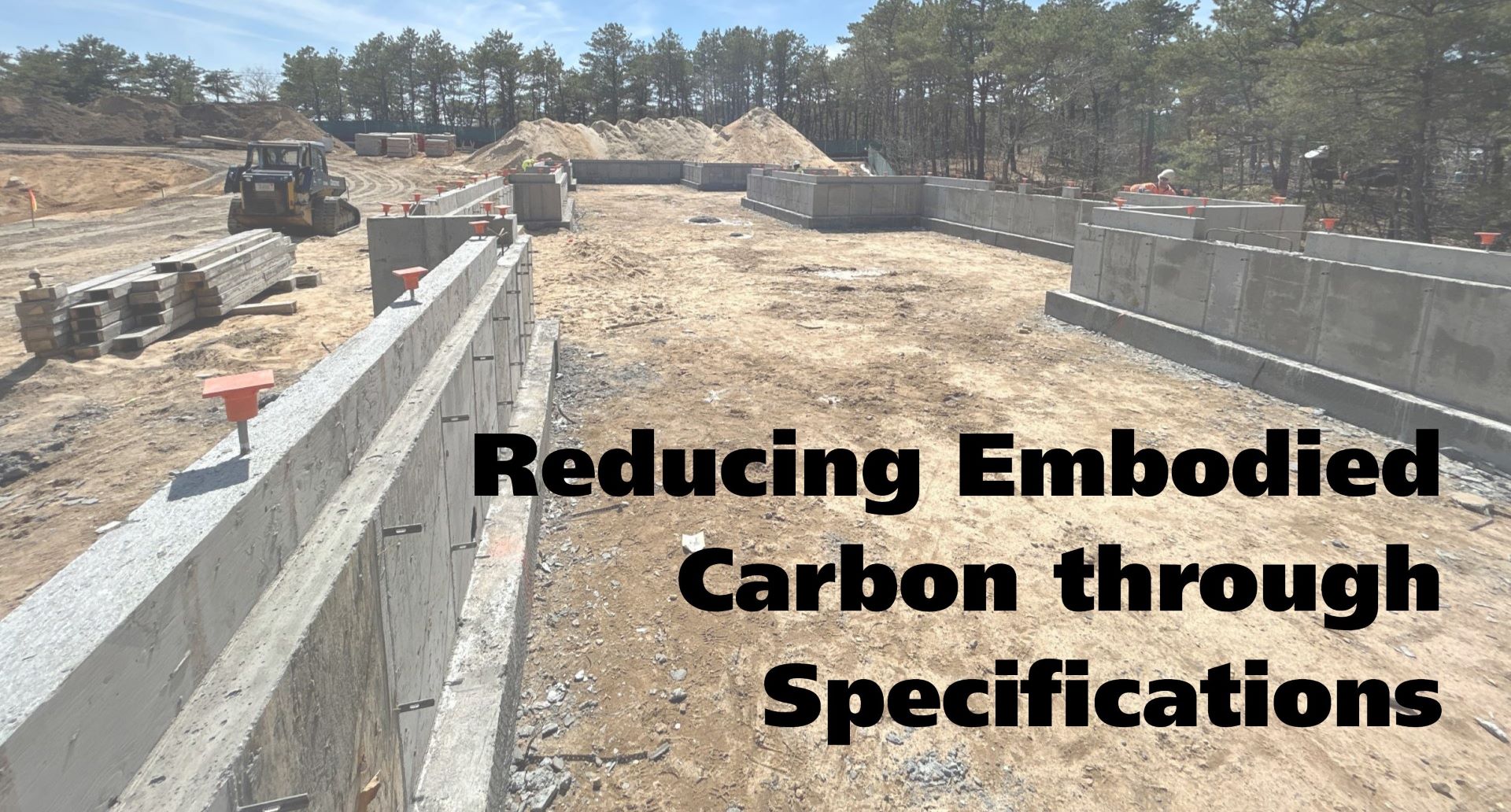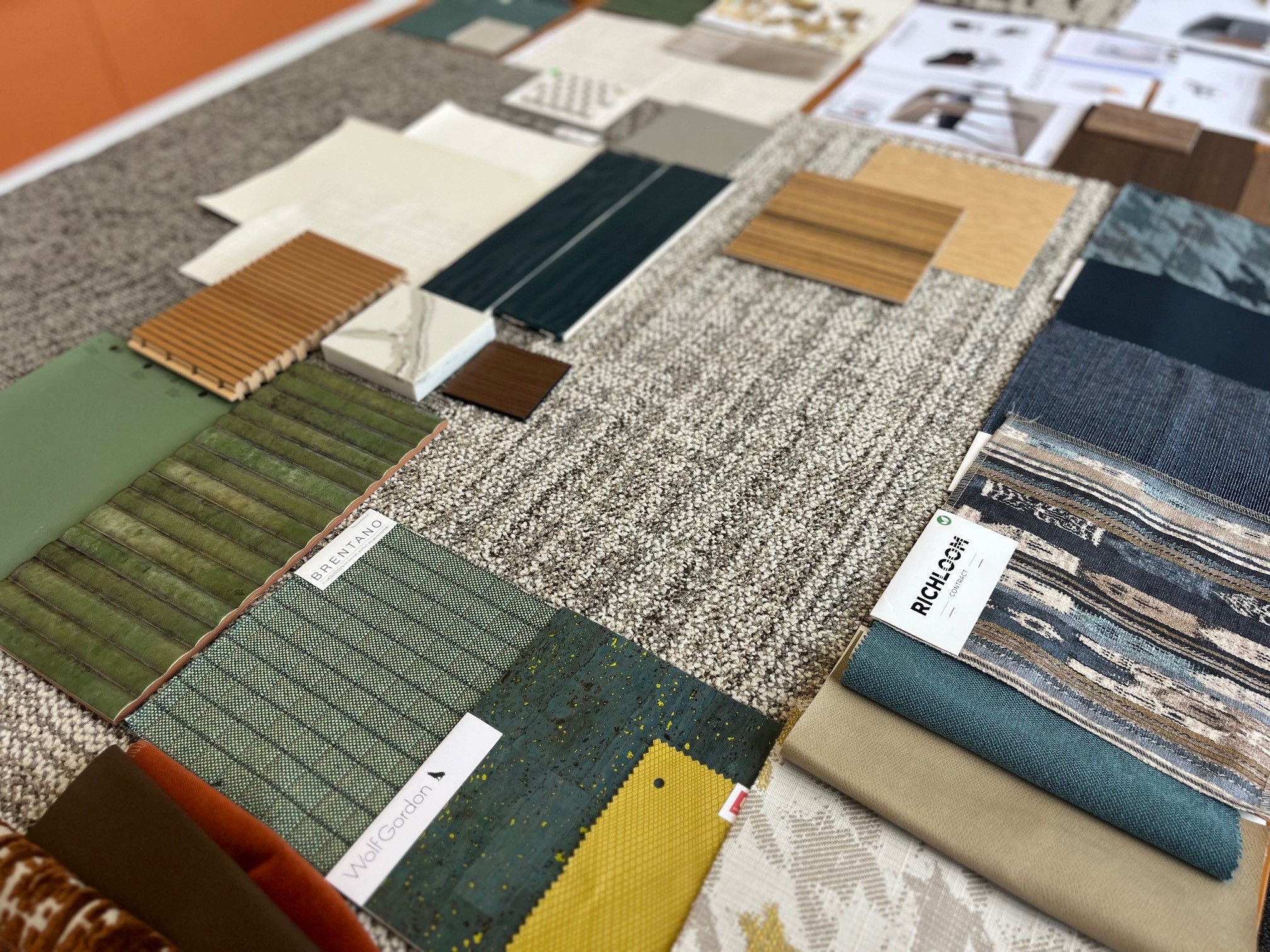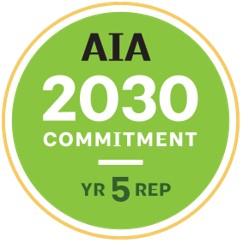In the realm of sustainable architecture, PHIUS (Passive House Institute US), stands out as a beacon of energy efficiency and environmental consciousness. Sustainable Architecture Week 2024 is a good time to understand more about this program.
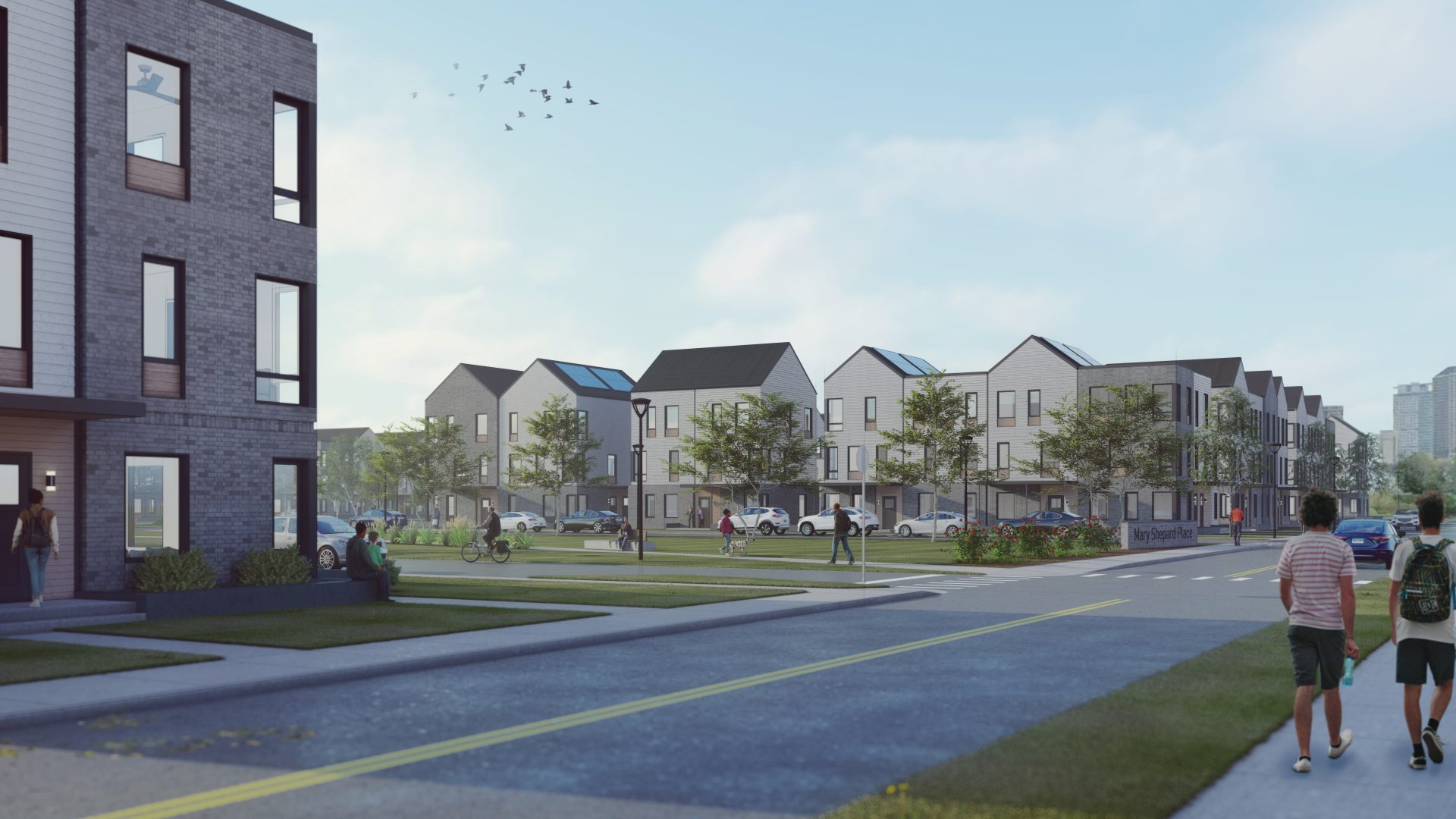
Mary Shepard Place – Hartford, CT / Sustainability
At its core, PHIUS embraces several key principles aimed at drastically reducing energy consumption, while maintaining optimal comfort levels within buildings. These principles include: airtightness, continuous insulation, optimized windows and doors, minimal mechanical systems, and balanced ventilation. By adhering to these principles, PHIUS designs not only contribute to long-term cost savings but also ensure healthier and more comfortable living and working environments. What sets PHIUS apart is its versatility; it’s not confined to residential projects but extends its benefits to schools, offices, and various other commercial buildings.
The adoption of PHIUS principles in architectural designs is not arbitrary but driven by a host of compelling reasons. From a regulatory standpoint, codes like the Mass Stretch Code mandate compliance with PHIUS requirements for multifamily buildings larger than12,000 square feet. Additionally, organizations such as the Connecticut Housing Finance Authority (CHFA) offer incentives for PHIUS certification, further encouraging its adoption. Beyond regulatory compliance, the benefits of PHIUS encompass sustainability and reduced operational costs. Its ability to maintain indoor temperatures during extreme weather events, such as power outages in scorching heat or freezing cold, underscores its resilience and reliability in an ever-changing world.

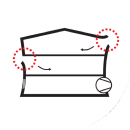
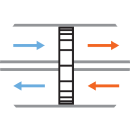
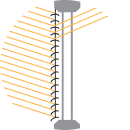

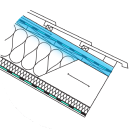
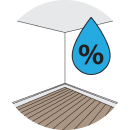
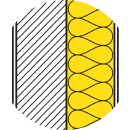
Amenta Emma is committed to integrating these principles into its designs, irrespective of projects that pursue formal PHIUS certification. This commitment involves enhancing envelope insulation, strategically placing glazing for optimized solar gain, and coordinating the right systems with our consultants. Moreover, our team is actively investing in the professional development of staff, with more individuals becoming Certified Passive House Consultants (CPHC). By embracing PHIUS principles, we ensure that our designs reach beyond aesthetics and prioritize the well-being and comfort of occupants while minimizing our ecological footprint.

